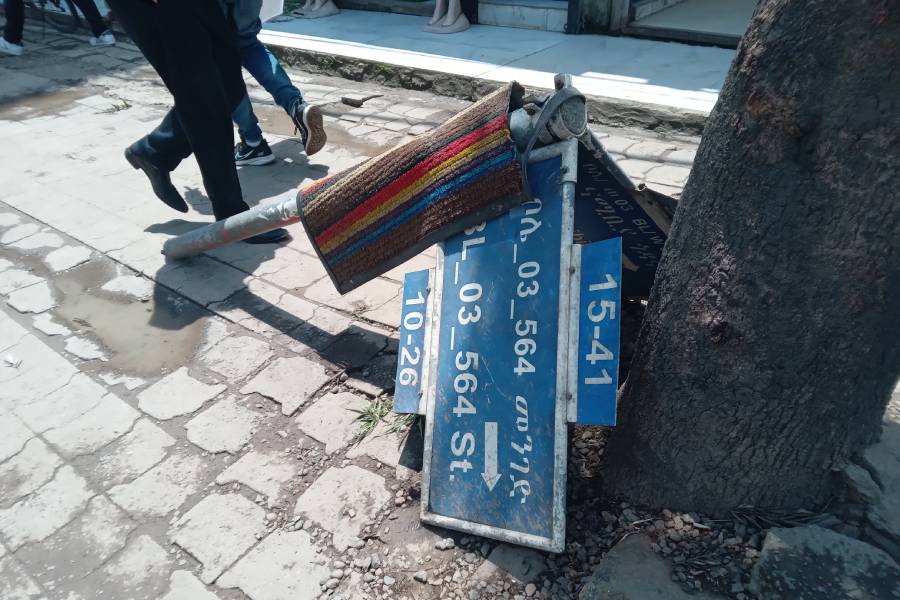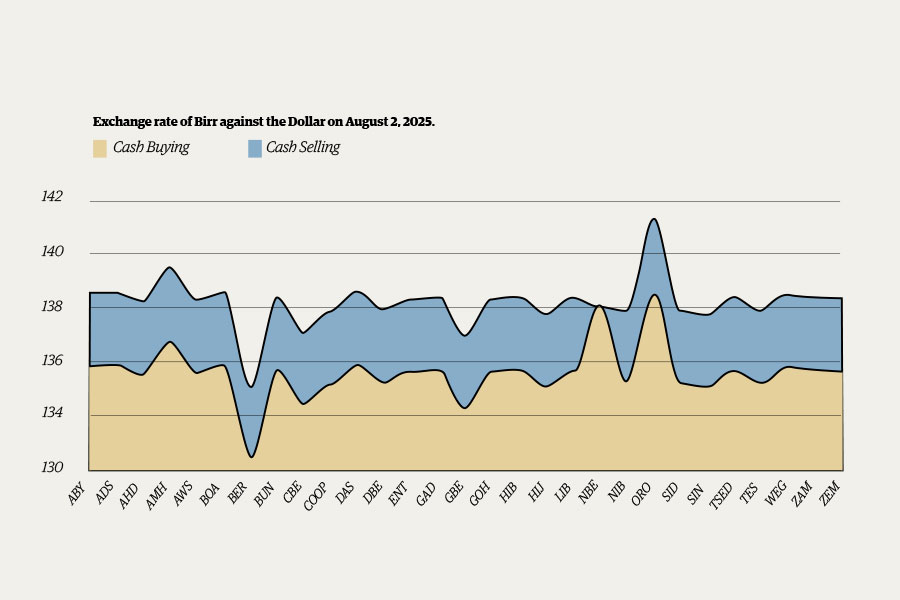
Commentaries | May 31,2025
Addis Abeba's boulevard - Africa Avenue (Bole Road) and surrounding districts - are undergoing a facelift frenzy, driven by ambitious urban renewal projects targeting the capital’s transformation into a modern "smart city". Recent orders from Federal Housing Corporation (FHC) executives and city officials mandate extensive renovations for residential and commercial properties, igniting mixed reactions among residents and business owners alike. For residents of Africare Bole Apartments and other FHC-managed units, the imposition of renovation costs has stirred financial concerns, particularly among those reliant on fixed incomes.
While officials argue that these upgrades are necessary to maintain property standards and conformity with broader development goals, many long-term tenants face the daunting prospect of affordability during worrisome times of rising living costs. Businesses along Africa Avenue, such as Tropical and Friendship malls, are also wrestling with unforeseen expenses to meet new lighting and advertisement standards. The city administration's push for standardised aesthetics extends to advertising, where traditional banners give way to modern light boxes and LED displays. The shift aspires to enhance nighttime visibility and commercial appeal along the city's corridors, though it has left many small business owners uncertain and financially burdened.
Amidst the upheaval, residents and businesses voice concerns over these regulatory changes' abruptness and lack of clarity. While proponents argue for the city's beautification and economic revitalisation, critics point to the disconnect between regulatory demands and practical realities. Many residents are keen to see balancing economic growth with respect for heritage and community input in realising the authorities’ vision for a modern, cohesive urban landscape that reflects Addis Abeba's rich diversity and historical importance.
You can read the full story here
PUBLISHED ON
Jun 29,2024 [ VOL
25 , NO
1261]

Commentaries | May 31,2025

In-Picture | Jul 08,2024

Radar | Aug 03,2025

Radar | May 21,2022

Radar | Oct 05,2025

Radar | Sep 07,2025

Money Market Watch | Aug 03,2025

Fortune News | May 13,2023

Covid-19 | May 31,2020

Radar | Sep 27,2025

Dec 22 , 2024 . By TIZITA SHEWAFERAW
Charged with transforming colossal state-owned enterprises into modern and competitiv...

Aug 18 , 2024 . By AKSAH ITALO
Although predictable Yonas Zerihun's job in the ride-hailing service is not immune to...

Jul 28 , 2024 . By TIZITA SHEWAFERAW
Unhabitual, perhaps too many, Samuel Gebreyohannes, 38, used to occasionally enjoy a couple of beers at breakfast. However, he recently swit...

Jul 13 , 2024 . By AKSAH ITALO
Investors who rely on tractors, trucks, and field vehicles for commuting, transporting commodities, and f...

Oct 18 , 2025
The political establishment, notably the ruling party and its top brass, has become p...

Oct 11 , 2025
Ladislas Farago, a roving Associated Press (AP) correspondent, arrived in Ethiopia in...

Oct 4 , 2025
Eyob Tekalegn (PhD) had been in the Governor's chair for only weeks when, on Septembe...

Sep 27 , 2025
Four years into an experiment with “shock therapy” in education, the national moo...